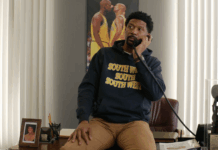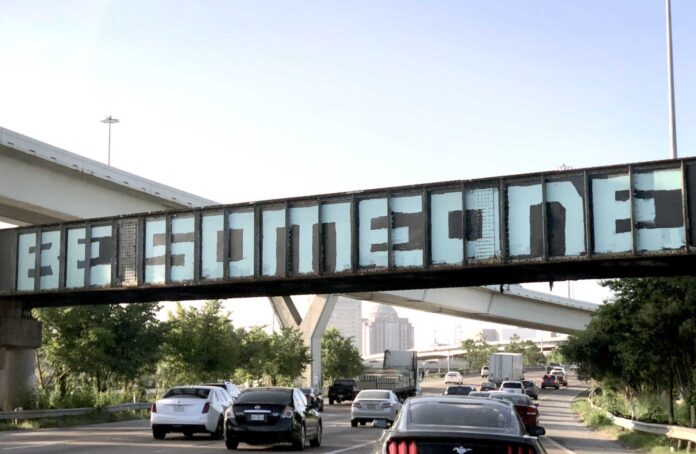
( ENSPIRE Community Spotlight ) Houston Texas Celebrates Black History Month by Honoring and Empowering Its Black Artists and Entrepreneurs
ENSPIRE Contributor: Natalie Dean
Houston, one of the most ethnically diverse cities in the USA, is a proud home to dozens upon dozens of Black entrepreneurs and creatives. Now, during Black History Month, we recognize and uplift their voices. With so many Black-owned businesses and artists, this article cannot hope to come close to covering every one of them, but these are a few worth checking out!
Deborah D.E.E.P Mouton is a poet, playwright, and creative writer based in Houston. She has previously been named Houston’s poet laureate and has used her poetry as a way of connecting with and inspiring the Houston community. Recently, she sat down to talk with ENSPIRE:
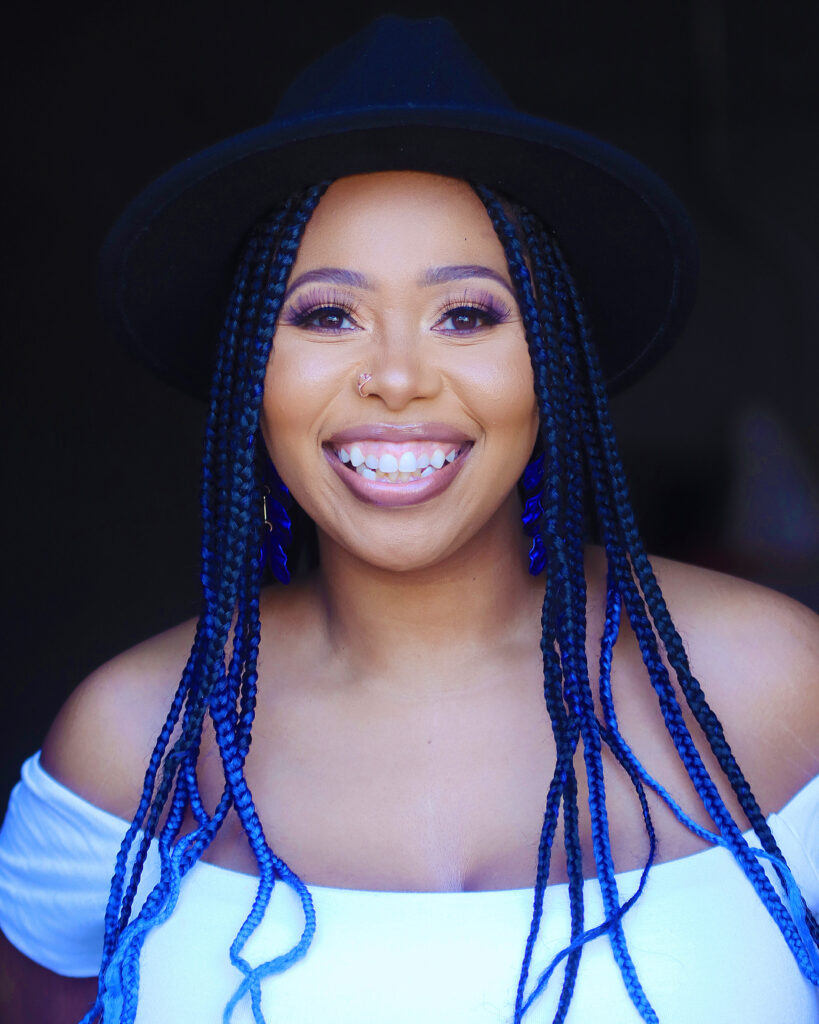
If we’re assuming that the average reader of ENSPIRE is not familiar with your poetry or poetry at all, what are the first few things that you would want to tell people about your work?
I think that I’m not a typical poet in that I live my life on stage and on the page. I think that poetry is a very boundless and endless genre. And so I like to see how well and how many ways I can bend it into as many forms as possible. So I work in theater with playwriting, I create operatic works. I’ve done visual images and film work, you know, I’m just really excited about all the different places we can make poetry fit.
Do you have anything you want to tell us about your work in film or theater?
Yeah, I actually have a new theatrical production coming out in the fall of 2022, called Plumshuga. It’s about the life of Lauren Anderson, the first Black prima ballerina of the Houston Ballet. And I’m working on an opera for the American Lyric Theatre as well right now. So those parts are really cool because I’m able to create like a choreo poem with Stages [Theater]. That really does blend what we think of when we think of traditional theater into a space that includes dance, includes poetry, and it’s just different.
Where do you get your inspiration for your poetry and for your film, and theater?
Where don’t I get inspiration, right? The whole world is just a bucket of inspiration. I think from things that are happening in the news, you know, social things that we see are happening, whether that be the civil unrest of last year, or whether that be as a whole figuring out how to adjust to COVID and pandemic life, those things are definitely inspiring, just because I know that as much as I am a poet, I’m also a historian, right? And writers are historians. And so we’re going to be the people whom people go back and read and try to figure out what was happening. So I really take that as kind of like the badge of honor that we as writers are being kind of observers of the world and figuring out how to engage with it. And then I would say, my kids are always an inspiration, my husband’s always an inspiration. So just looking more closely at the family and thinking about those very human things like love and strife and age, right. And those kinds of things are always really good places to draw from as well.
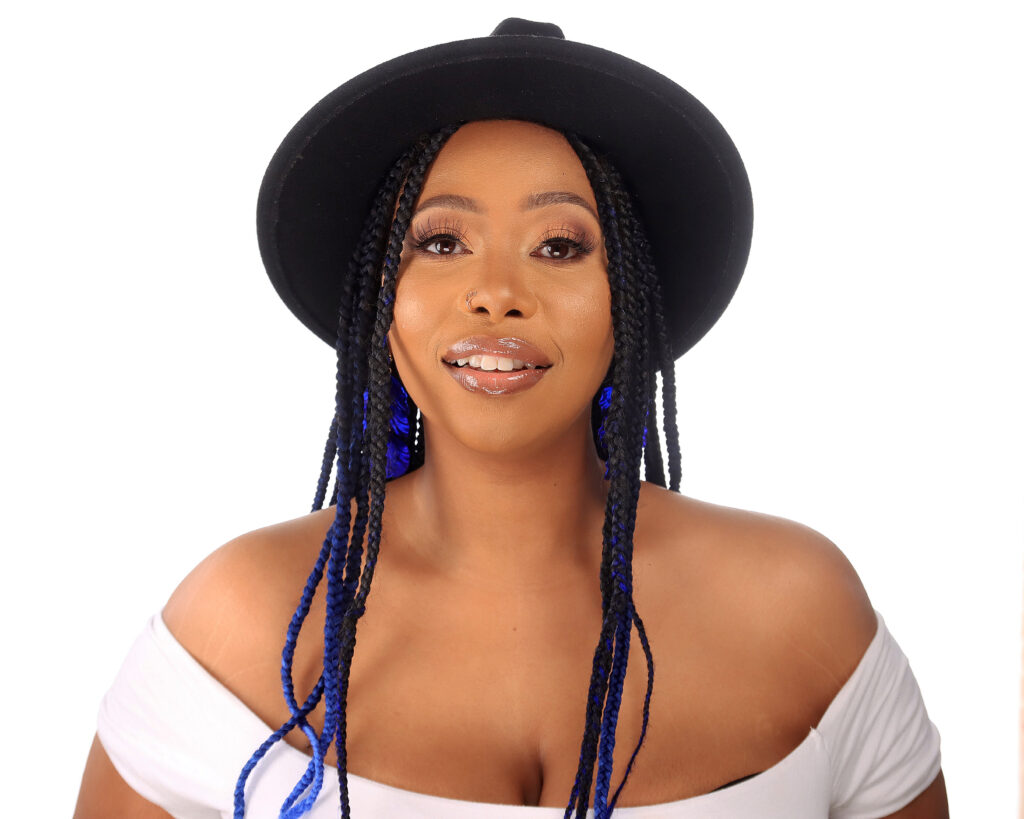
Are there any topics that you most or least like to write about?
I don’t like writing poems about poetry; they’re cheesy. I’m not a huge love poet. I definitely have written some love poems for my husband, but it’s not something I just like, I’m gonna write about how in love I am. Yeah, probably not me.
Is there anything you would never write about?
I can’t say never. Never is a big thing. Because I think, you know, it might not be in my voice. But I might create a character that writes about things or talks about things that I would never want to. So I don’t take anything off the table. You never know.
How did you get started as a poet and what was your journey to success like?
It was definitely a roller coaster, I can tell you that. I don’t know that I’ve arrived at success. But there have definitely been successful moments. I started writing when I was very, very young. I have brochures that have my name next to poetry from when I was six years old. I don’t remember at all doing those things.
I don’t think I really started taking my writing seriously until high school. I had a really great teacher, Mrs. McCurry, Michelle McCurry, who was just big on pushing me as a writer and saying, you have something really special; she submitted my work for Who’s Who; she put me in my first poetry slam; she was super instrumental in shaping who I became as a writer. And then I really started just loving it; I would carry a spiral notebook with me and write nonstop all the time, everywhere. And then I got into college and the university of Michigan, I was on their poetry slam team.
And so when I moved to Houston, I was like; I want to connect with whatever the literary scene is here. I did and just immediately found a family there. So I think I’ve had really high highs and really low lows– from being homeless to being the second-best female poet in the world. Those are really big swings as far as career goes, but I think that all in all, it was stepping stones that have been working together to get me to a really good place and I’m happy to celebrate where I am. Even if I don’t feel like I’m where I want to be.
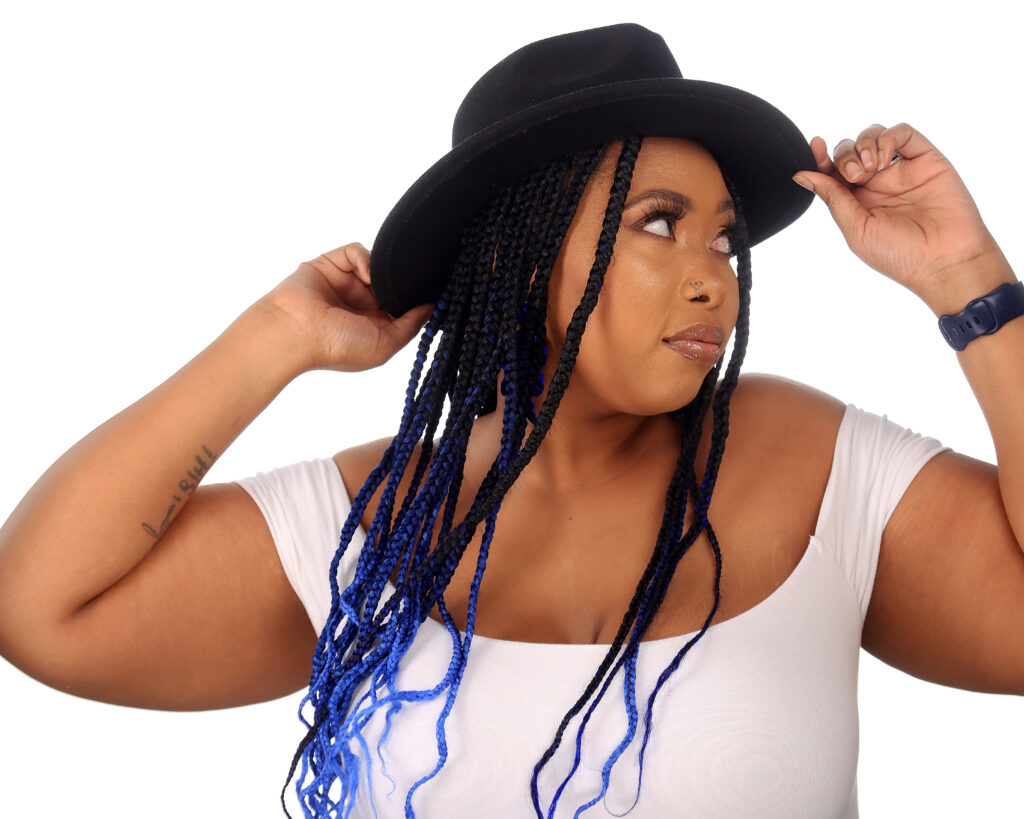
So building off that, what can you tell me about being a writer in Houston’s poetry scene or in their literary scene?
Yeah, you know, Houston always gets overlooked in the literary scene. We think Chicago, we think New York; we think LA; we don’t think Houston, which is the next largest city. There are some really great writers here.
I think that one thing that I’ve noticed is that everyone really is serious about their craft; they want to see how far they can push whatever they’re doing. They want to see how they can highlight and showcase Houston. I’m not originally from the city, but living in the city, as long as I have, I do feel like it’s home. And we do have a certain kind of Houston pride where we want to see, in our literature and in our movies and in our feelings, we want to see the place that we love and call home. And so I think especially recently we’ve seen a lot more of that. I look at Bryan Washington’s lot, right, which centers in parts of Houston. And so I think that writers here really are starting to dive in to tell the story of [Houston] in new and inventive ways. And they’re always really interested in how we can collaborate to do that.
And what was your experience like as Houston’s Poet Laureate?
Being Poet Laureate was crazy. You know, it went from competing in a very underground scene to being opening things for the mayor. Finding that lane for myself was tricky. At first, I told someone else; I was ready to be a poet; I wasn’t ready to be a socialite. To be the Poet Laureate really is a space where you’re constantly engaging with new people, you’re talking to council members. And it really is a space of advocacy and servanthood to the city. And I was ready for that kind of servanthood, but not maybe not so much. You know, like that posh end of it, where I had to really talk to people, and so there was a little bit of a learning curve.
But I think what I love most about it was being able to kind of be the voice of Houston. When Hurricane Harvey hit, BBC World News contacted me to write a poem for the city, and being able to give hope to an entire city in that way was a great responsibility, but one I really treasured. And being able to say: I can speak for us for this moment, for this feeling, for this resilience, for this hope; I can put a voice to that. That’s what God has put in me to be able to do in this world. So really, it was a really fulfilling space to serve as Poet Laureate.
What work of yours have you felt has had the most impact? And what work of yours has impacted you the most?
Definitely, the poem for Harvey was one that went all over the world. So that was really cool.
Yeah, my last collection, Newsworthy, was probably one of the ones for me that was the most impactful. It was my first time working with an indie publisher. But also, we were able to translate that book to German, and it has a whole nother life internationally. And I never thought that I would hold a translated copy of my work, right? And see it in multiple languages. Early on, I used to call myself an international poet, secretly it was just in, like, Canada, right? But to really see that come to life where your work is studied in the Netherlands, it is studied in Germany, and it’s sitting here. I think, for me, that just opened my eyes to see my work can really live that big, that largely for myself.
And then I would say the last piece was Marian’s Song, which is my first opera with Houston Grand Opera. I play movies in my mind all the time, right? When I’m writing, I [can] see things visually, but it’s something else to be completely removed from being the vessel for which the word comes out of, and being able to sit and watch your work play out on a large stage. For me, it pushed me into a mindset of really seeing that there were really no limits on my work. And I really could create just anything that I wanted to, and it could work, I might have to work at it right? I might have to approach it a different way, but there was a way to make it work. And that for me has unlocked something in me that really thrived in my stage work that I don’t know would have happened without that experience.
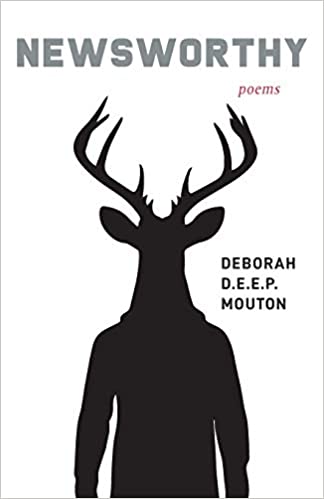
And because this is an article for Black History Month, can you tell me anything about how your racial identity has impacted your work? If it has impacted your work at all?
For sure, it’s affected it. I often tell people, yes, my work is usually socially driven, but it’s because, as a black woman, I don’t have the right to not be socially driven. It’s that, even when I’m not political, the work that I create will be read with a political lens, with a political bias, with a political eye, because of how I identify. And so I kind of have two choices, which is either to fully embrace that and to write Black and to hold all the weight that carries, or to try to deceive myself into thinking that I can get away from it. And I just choose not to live in the lie, right? I choose to just fully embrace my Black culture and say: there’s room for my space, my voice at the table, and my voice at the table makes room for more voices at the table. And so I think, when you really embrace that, you use your voice for what it’s made for. Right? It’s to make space for other people and yourself.
And can you tell me a bit more about the pressure that comes with being a black poet?
Yeah, I mean, I think it goes from your readership. We think of the larger literary world and the number of Black Books that actually get published, that’s a much smaller number, right? So thinking about this, I think all people of color, Black or otherwise, feel you have to be the one good one that everyone heralds because there’s only going to be one that people are really going to allow in. That kind of thinking is one that I constantly push against– to say: no, we have a lot of room, we can make space for a lot of us. And so I think that just having that as a fuel for myself has always said: I don’t have to be just like someone else, or I don’t have to follow the pattern of someone else. But I also know that in going against that pattern, there’s going to be a significant amount of hurdles, and just trying to get people to understand that there’s more room, there’s more than enough room for me to be in the room alongside someone who looks just like me.
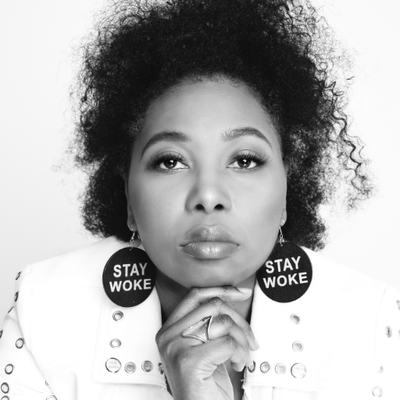
So my last question is pretty open-ended: is there anything else that you want to talk about, anything else you want to be featured?
Yeah, I’m a resident artist at Rice University right now. So that’s important. I’m doing some really great community workshops and a community exhibit with them. So that’s really great.
And then I’m a resident artist with the American Lyric Theatre right now. And then I have a book coming out in February of next year, called Black Chameleon that centers on Black womanhood, and so it’s on Henry Holt & Co. And I would love for people to check that out, check out my website, Live Life DEEP, or follow me on Instagram and Twitter.
But actually, that made me think of another question: can you tell me something about the intersection between Blackness and womanhood that you write about?
Oh, my gosh, yeah. I think we like to polarize and categorize and put things in separate boxes, and I think we’re constantly trying to fight: am I fighting the Black fight right now? Or am I fighting the fight as a woman right now? And we really never get to fight the fight as a Black woman, right? We’re gonna have to pick sides, which is wildly unfair.
And so I look back at the Civil Rights Movement, and I think about all the women who stepped aside for the men to be the speakers because their Blackness wasn’t enough, right? They were women. So they kind of discounted their voices in the Civil Rights Movement. Same way, in the feminist movement or the feminist movement, Black women didn’t get the same voice as white women. So we had to kind of step aside because of our Blackness. So we’re always in these weird lines of the in-between, where we’re trying to figure out how do we get the voice, get the attention that we deserve, get the expertise we deserve? Because we’re not the box that people will accept and to give space to write.
And not that it’s easy for Black men or easy for white women. But I just think that it’s a different struggle than it is for Black women.
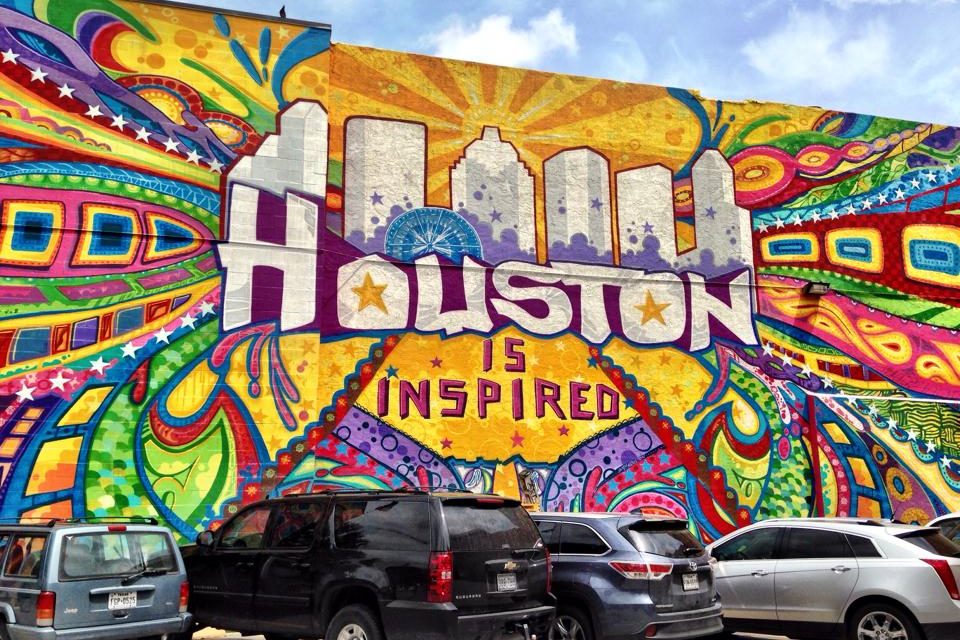
The poetry scene in Houston is not its only incredible creative space! With so many artists of color in our city, Houston is a vibrant and lively space for creatives in every medium, from traditional art to sculpture, digital art, and more. Black artists are constantly creating new and exciting pieces.
Damenique Spreety’s art is most recognizable by its bright and vibrant use of color. Her murals are visible around the city, and her work seeks to empower and uplift women, promote peace and love, and spread awareness for mental health struggles.
To learn more and support the artist, visit her website or check out her Instagram!
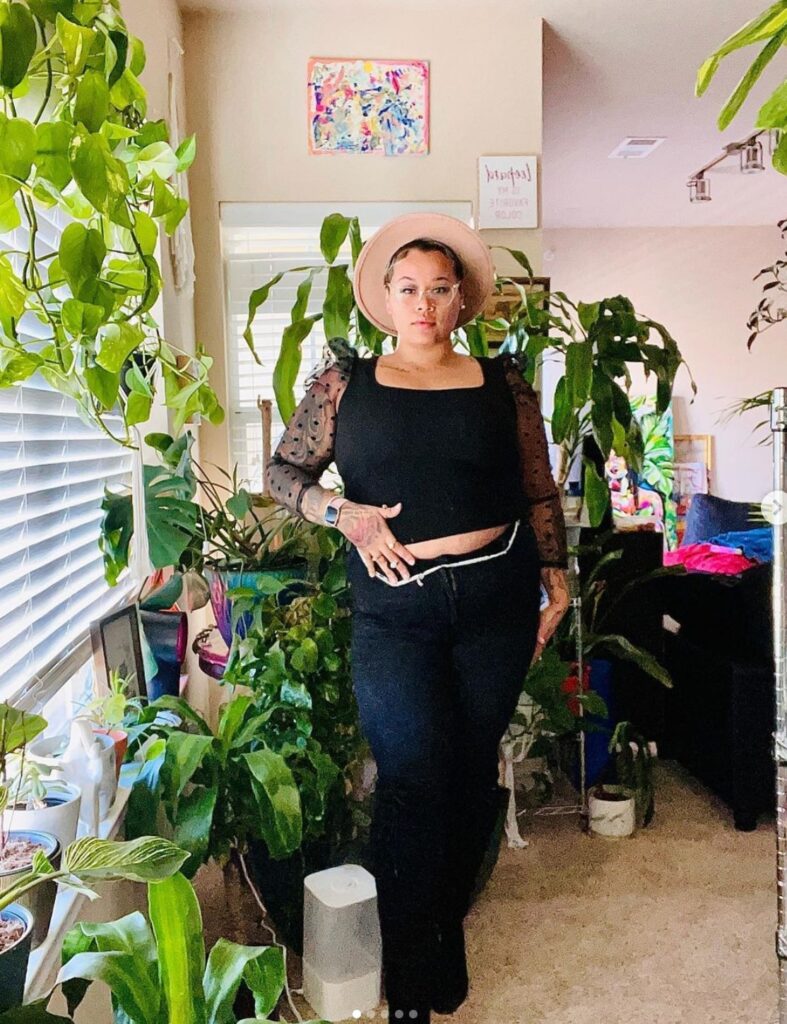
One of Houston’s many art galleries, The Gite Gallery, is a fantastic source for African art. With such a diverse and beautiful collection from all over the African continent, there is sure to be something that appeals to everyone. The gallery includes original paintings, sculptures, and artifacts.
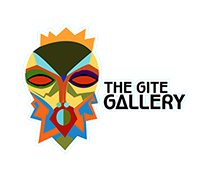
Locals will know all about Houston’s favorite Black-owned businesses, including The Breakfast Klub, a local breakfast diner that is rarely seen without a line all the way down the next street. Marcus Davis, the entrepreneur behind The Breakfast Klub cites his commitment to Houston’s community as the driving force behind the success of his restaurant.
This love for the community is something that is shared between all locals and tourists, who can all agree that the local foodie scene is one of the best in the country. So if you’re visiting Houston soon, make sure you bring your appetite! Black-owned restaurants such as Alfreda’s Soul Food and Frenchys are great locations for any meal, and if by some chance you have room for dessert, Black-owned bakeries such as Glazed: the Doughnut Cafe have you covered.
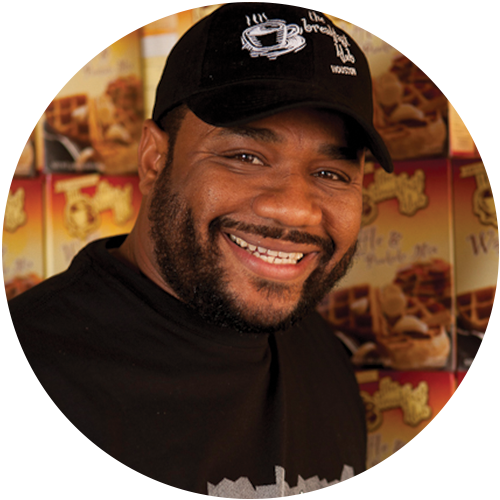
Edose Ohen, the founder of Glazed, has pioneered dessert options that keep customers coming back time after time. Classics include The Macon– a maple and bacon doughnut– and the Glazed Breakfast Sandwich– a glazed doughnut cut in half and filled with bacon, egg, and cheese. By serving only fresh, warm doughnuts, Glazed is committed to valuing and satisfying its customers.
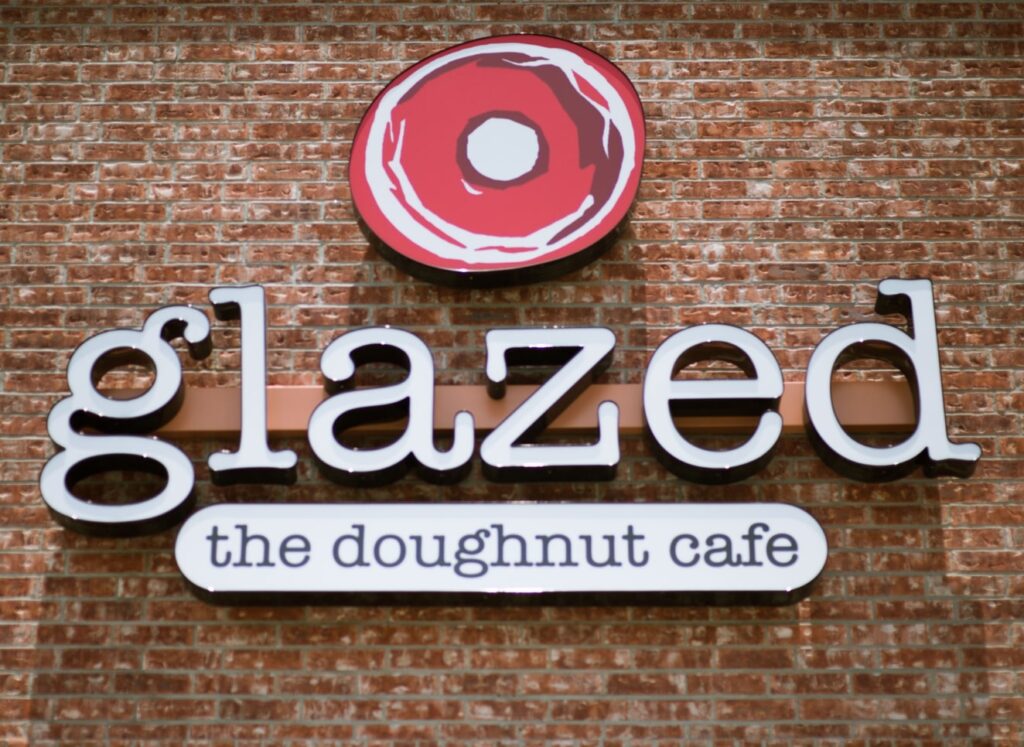
But if nothing in this article has grabbed your attention, don’t fret! Houston has thousands of Black businesses, artists, writers, and more. There is something here for everyone!
Related articles: Kathy-Ann Alexis Shows Passion for Serving Community


